Home>Articles>How To Store Lemon Juice In Fridge For Long Time
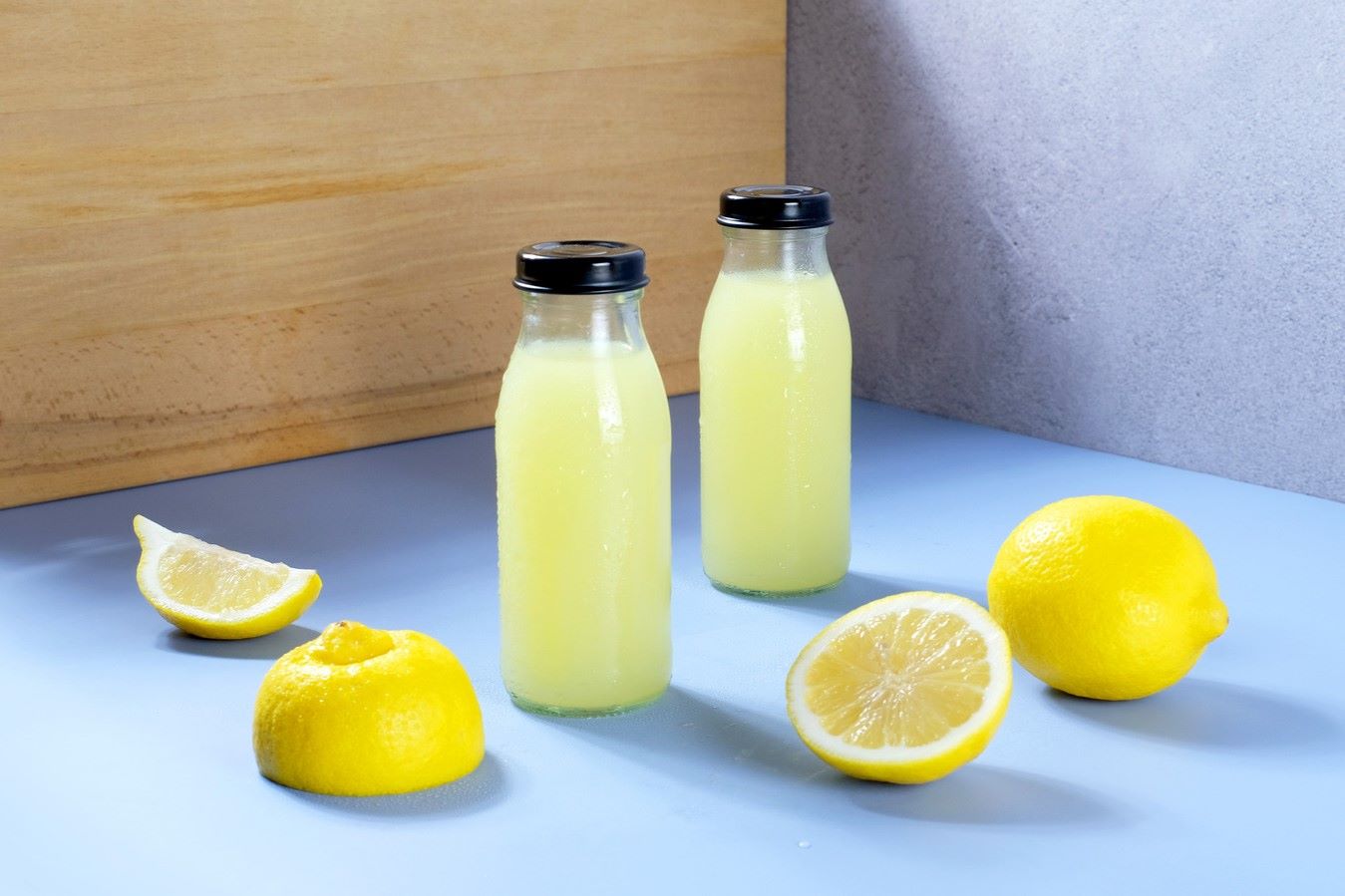

Articles
How To Store Lemon Juice In Fridge For Long Time
Modified: August 16, 2024
Learn how to store lemon juice in the fridge for a longer shelf life. Discover helpful tips and tricks in this informative article.
(Many of the links in this article redirect to a specific reviewed product. Your purchase of these products through affiliate links helps to generate commission for Storables.com, at no extra cost. Learn more)
Introduction
As citrus lovers know, lemon juice is a versatile ingredient that adds tangy flavor to a wide range of dishes and beverages. From salad dressings and marinades to cocktails and desserts, it’s always handy to have lemon juice on hand. However, fresh lemon juice has a relatively short shelf life and can quickly lose its vibrant flavor and nutritional value if not stored properly. This is where storing lemon juice in the fridge becomes crucial.
Keeping lemon juice refrigerated not only helps extend its shelf life but also preserves its taste and quality. In this article, we will explore the reasons why storing lemon juice in the fridge is important, how to prepare it for storage, the best containers to use, and some useful tips to maintain its freshness.
Key Takeaways:
- Properly storing lemon juice in the fridge preserves its freshness, vibrant flavor, and essential nutrients, ensuring you always have tangy goodness on hand for your favorite recipes and beverages.
- Freezing lemon juice extends its shelf life, providing a convenient supply for future use in cooking, baking, and mixology, while still delivering citrusy zest and flavor.
Read more: How To Store Lemon Juice
Why Store Lemon Juice in the Fridge?
Storing lemon juice in the fridge offers numerous benefits that help maintain its flavor, nutritional value, and overall quality. Here are some reasons why refrigeration is necessary:
- Prolongs Shelf Life: Lemon juice, when exposed to air and higher temperatures, can quickly spoil. Refrigerating it slows down the growth of bacteria and other microorganisms, extending its shelf life.
- Maintains Freshness: Lemon juice stored at colder temperatures retains its vibrant color, fresh aroma, and tangy taste. This is important when using lemon juice as a key flavor component in recipes.
- Preserves Nutritional Value: Lemon juice contains essential vitamins and antioxidants that are susceptible to degradation when exposed to heat and light. Refrigeration helps retain these beneficial properties for longer.
- Prevents Mold Growth: The cool temperature of the fridge inhibits the growth of mold and yeast, which can ruin the flavor and safety of lemon juice.
By storing lemon juice in the fridge, you can enjoy its zestful taste and reap its health benefits for an extended period.
Preparing Lemon Juice for Storage
Before storing lemon juice in the fridge, it’s essential to properly prepare it to ensure optimal freshness and quality. Here are the steps to follow:
- Choose Fresh Lemons: Select ripe, juicy lemons that are free from blemishes or signs of decay. Fresh lemons will yield the best-quality juice.
- Wash the Lemons: Thoroughly wash the lemons under cool running water to remove any dirt, pesticides, or wax that may be present on the skin. Pat dry with a clean towel.
- Extract the Juice: Squeeze the lemons using a citrus juicer or by hand. Roll each lemon on the countertop before juicing to help release more juice. Strain the juice to remove any seeds or pulp.
- Add a Dash of Citric Acid: To help preserve the fresh flavor and prevent browning, add a small amount of citric acid or ascorbic acid powder to the lemon juice. Mix well to dissolve.
By following these preparation steps, you can ensure that your lemon juice is free from impurities and ready for storage.
Choosing the Right Container
The choice of container is crucial when it comes to storing lemon juice in the fridge. Here are some factors to consider:
- Glass or Plastic: Opt for glass or BPA-free plastic containers to store lemon juice. These materials are non-reactive, ensuring that the juice’s taste and quality are preserved.
- Airtight Seal: Use containers with airtight lids or caps to prevent air exposure, which can lead to oxidation and spoilage.
- Size: Choose containers that are appropriately sized for the amount of lemon juice you plan to store. This helps minimize excess air in the container, which can accelerate deterioration.
- Freezer-Safe: If you plan to freeze the lemon juice, ensure that the container is suitable for freezer storage, as not all materials are freezer-safe.
Whether you prefer glass jars or plastic squeeze bottles, make sure the containers are clean and sanitized before use. Glass containers are an excellent option as they do not absorb odors and are easy to clean. Plastic squeeze bottles, on the other hand, are convenient for pouring small amounts of lemon juice without spilling.
Remember to label the containers with the date of preparation to keep track of freshness and avoid using expired lemon juice.
By choosing the right container, you can maintain the flavor and quality of your lemon juice throughout its storage in the fridge.
To store lemon juice in the fridge for a long time, pour it into an airtight container, leaving some space at the top for expansion, and seal it tightly. This will help prevent oxidation and maintain the freshness of the juice.
Storing Lemon Juice in the Fridge
Now that you have prepared your lemon juice and selected the appropriate container, it’s time to store it in the fridge. Follow these steps for optimal storage:
- Cool the Juice: Allow the freshly squeezed lemon juice to cool to room temperature before transferring it to the fridge. This helps prevent condensation inside the container, which can affect the juice’s quality.
- Fill the Container: Pour the cooled lemon juice into the selected container, leaving a small amount of headspace to accommodate any expansion during freezing (if freezing the juice).
- Seal the Container: Ensure the lid or cap is tightly sealed to create an airtight environment. This prevents air from reaching the lemon juice, thus maintaining its freshness.
- Placement in the Fridge: Store the container in the main compartment of the fridge, away from the door where temperature fluctuations are more significant. This helps maintain a consistent and cool temperature for optimal storage.
With these steps, your lemon juice will be stored properly in the refrigerator, ensuring maximum freshness and taste.
Remember to check the expiry date of the stored lemon juice periodically and discard any that has exceeded its recommended shelf life.
Read more: How To Store Flowers In Fridge For Long Time
Tips for Maintaining Lemon Juice Freshness
To prolong the freshness and quality of your stored lemon juice, consider the following tips:
- Keep it Sealed: Always ensure that the container holding the lemon juice is tightly sealed to prevent air and odors from entering.
- Store in the Coldest Part: Place the container in the coldest part of the refrigerator, usually towards the back. This helps maintain a consistent and cool temperature, reducing the risk of spoilage.
- Avoid Light Exposure: Protect your lemon juice from direct light exposure, as it can lead to oxidation and a loss of flavor. Consider using opaque containers or storing them in a dark area of the fridge.
- Use Proper Hygiene: When handling the lemon juice or any equipment used in the process, ensure your hands and utensils are clean to avoid contamination.
- Minimize Air Exposure: As you use the stored lemon juice, try to use containers that allow minimal air exposure. For example, squeeze bottles with narrow nozzles can help reduce the amount of air entering the container.
- Refrigerate Promptly: If you have leftover lemon juice from a recipe, refrigerate it promptly to maintain its freshness. Avoid leaving it at room temperature for an extended period.
- Rotate the Stock: If you regularly use lemon juice, rotate your stock by using older containers first to ensure you always have fresh lemon juice available.
By following these tips, you can maximize the shelf life and preserve the freshness of your lemon juice stored in the fridge.
Using Frozen Lemon Juice
If you have an abundance of lemons or want to extend the shelf life of your lemon juice even further, freezing is a great option. Here’s how you can freeze lemon juice:
- Prepare the Lemon Juice: Follow the steps mentioned earlier to extract and prepare your lemon juice.
- Choose Freezer-Safe Containers: Use freezer-safe containers or ice cube trays to portion out the lemon juice for freezing. Ice cube trays are particularly convenient for smaller quantities.
- Pour and Seal: Pour the lemon juice into the containers, leaving some headspace to allow for expansion during freezing. Seal the containers tightly.
- Label and Date: Don’t forget to label each container or ice cube tray with the date and the quantity of lemon juice. This will help you keep track of freshness and portion sizes during storage.
- Freeze: Place the containers or ice cube trays in the freezer and allow the lemon juice to freeze completely. This process usually takes a few hours.
- Transfer to Freezer Bags (optional): If you used ice cube trays, you can transfer the frozen lemon juice cubes into freezer bags for easier storage and organization.
Frozen lemon juice can be stored for several months in the freezer. When you need to use it, simply thaw the desired amount in the refrigerator overnight or defrost it in the microwave at a low power setting.
It’s worth noting that while frozen lemon juice works well in recipes that require cooking or baking, the texture and taste may slightly change after freezing. However, the frozen juice remains an excellent choice for marinades, dressings, sauces, and beverages.
By freezing your lemon juice, you can ensure that you always have a ready supply of citrus goodness whenever you need it.
Conclusion
Storing lemon juice in the fridge is an essential practice to maintain its freshness and quality for an extended period. By following the proper steps, such as choosing the right container, preparing the juice correctly, and storing it in the coldest part of the refrigerator, you can ensure that your lemon juice remains flavorful and nutritious.
Refrigeration helps prolong the shelf life of lemon juice, preserves its vibrant color and tangy taste, and prevents the growth of harmful bacteria and molds. It also helps retain the valuable vitamins and antioxidants present in lemon juice, providing ongoing health benefits.
If you have an excess of lemons or want to further extend the storage life, consider freezing the lemon juice. Freezing is an excellent way to preserve the juice’s freshness and can be a convenient option for future use in various recipes.
Remember to follow good hygiene practices, minimize air exposure, and regularly check the expiration date of stored lemon juice to ensure optimal freshness and safety.
So the next time you squeeze lemons to enjoy your favorite recipes or beverages, make sure to store the leftover juice in the fridge or freezer following the guidelines outlined in this article. You’ll be rewarded with a steady supply of tangy, flavorful lemon juice whenever you need it.
Frequently Asked Questions about How To Store Lemon Juice In Fridge For Long Time
Was this page helpful?
At Storables.com, we guarantee accurate and reliable information. Our content, validated by Expert Board Contributors, is crafted following stringent Editorial Policies. We're committed to providing you with well-researched, expert-backed insights for all your informational needs.

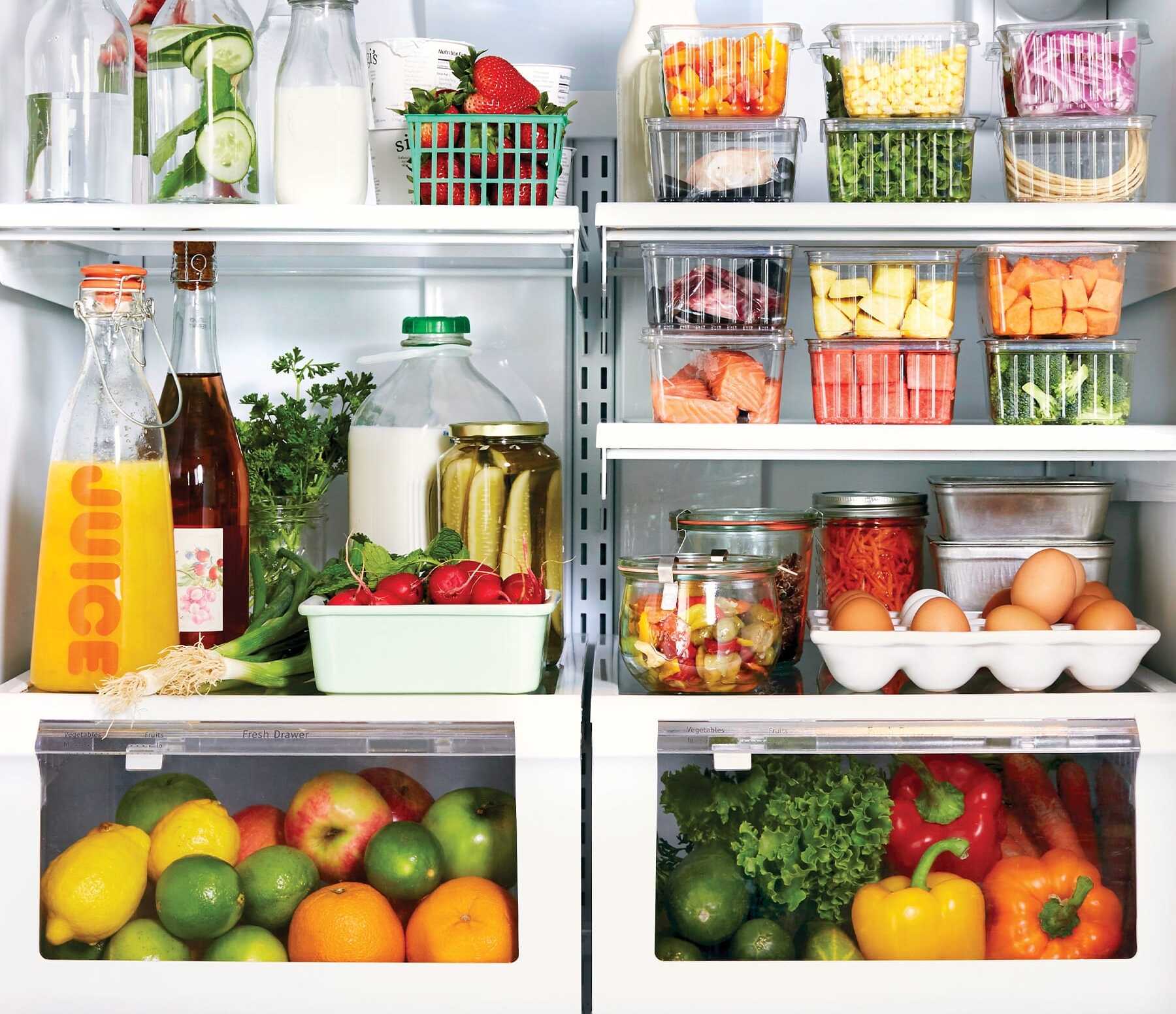

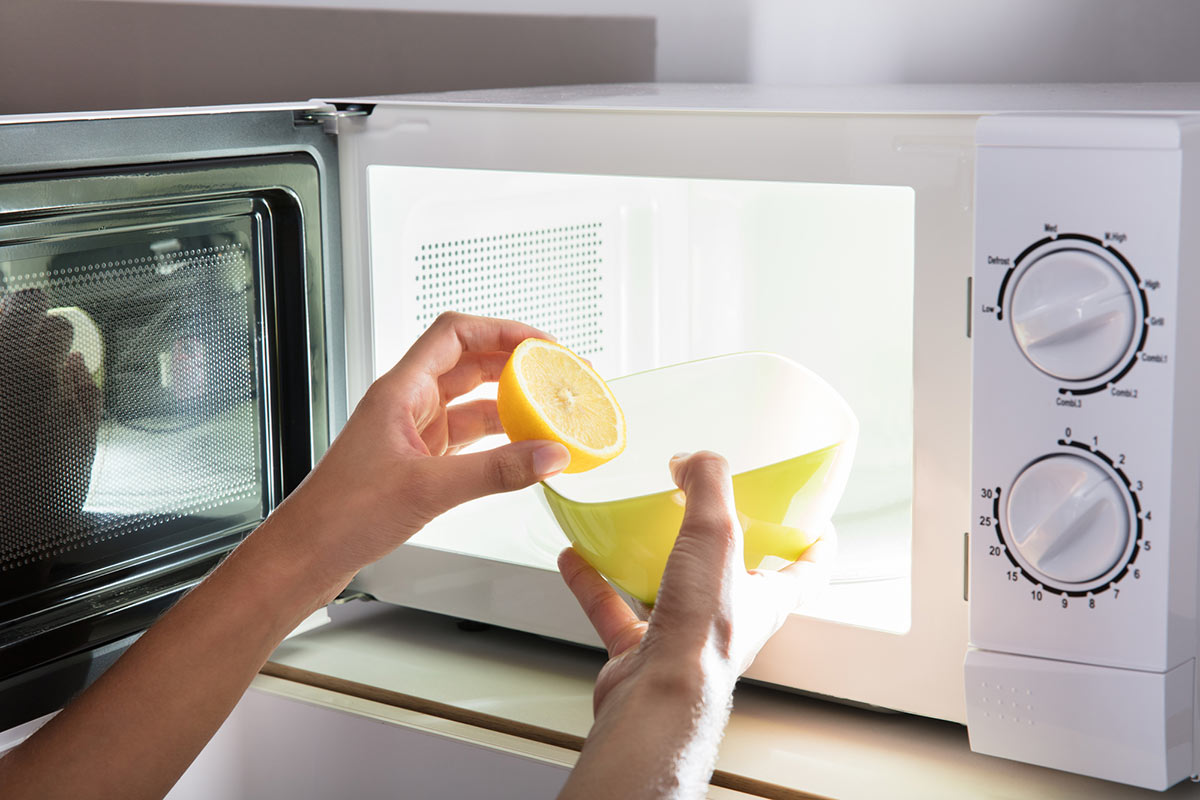


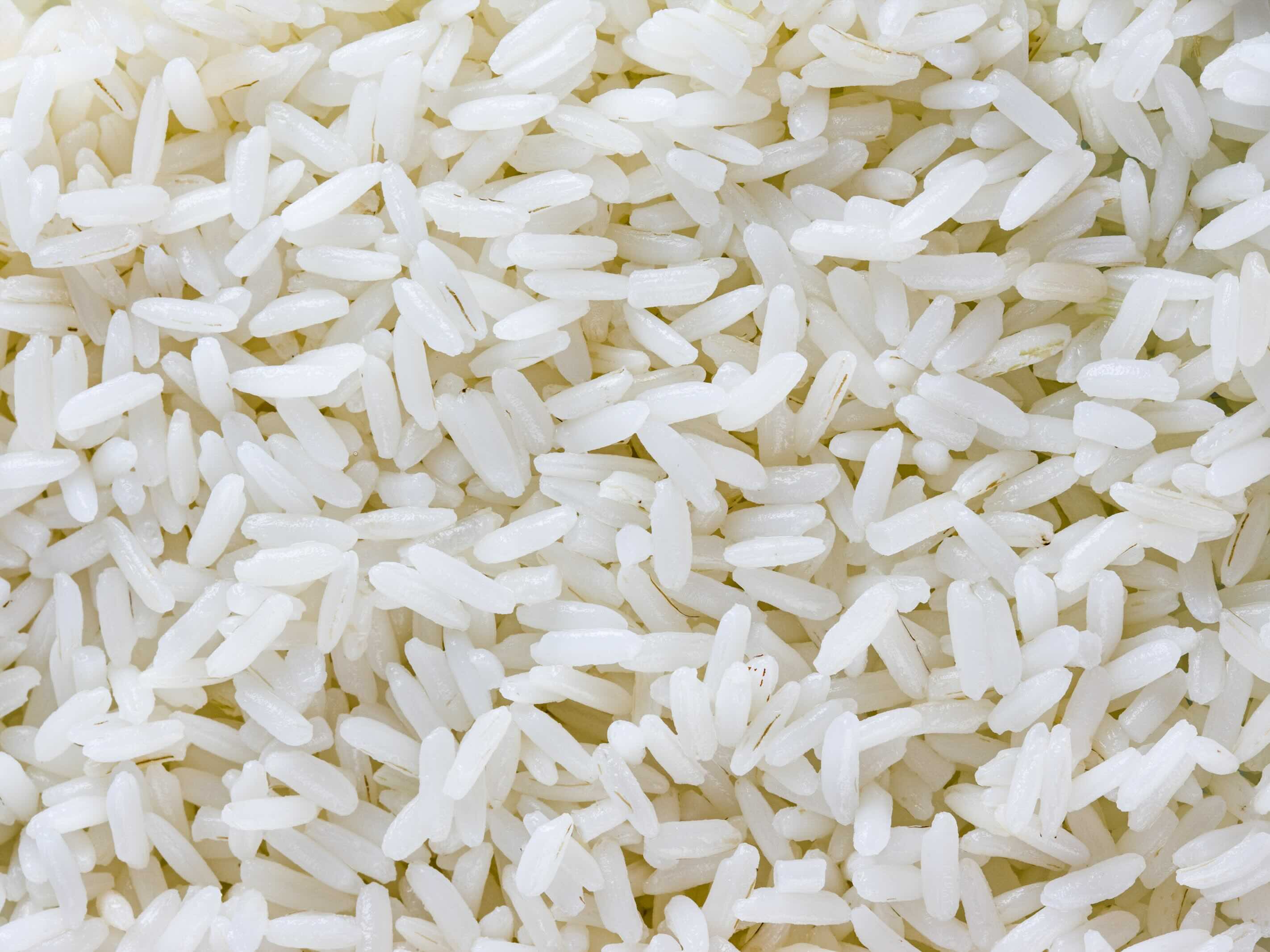





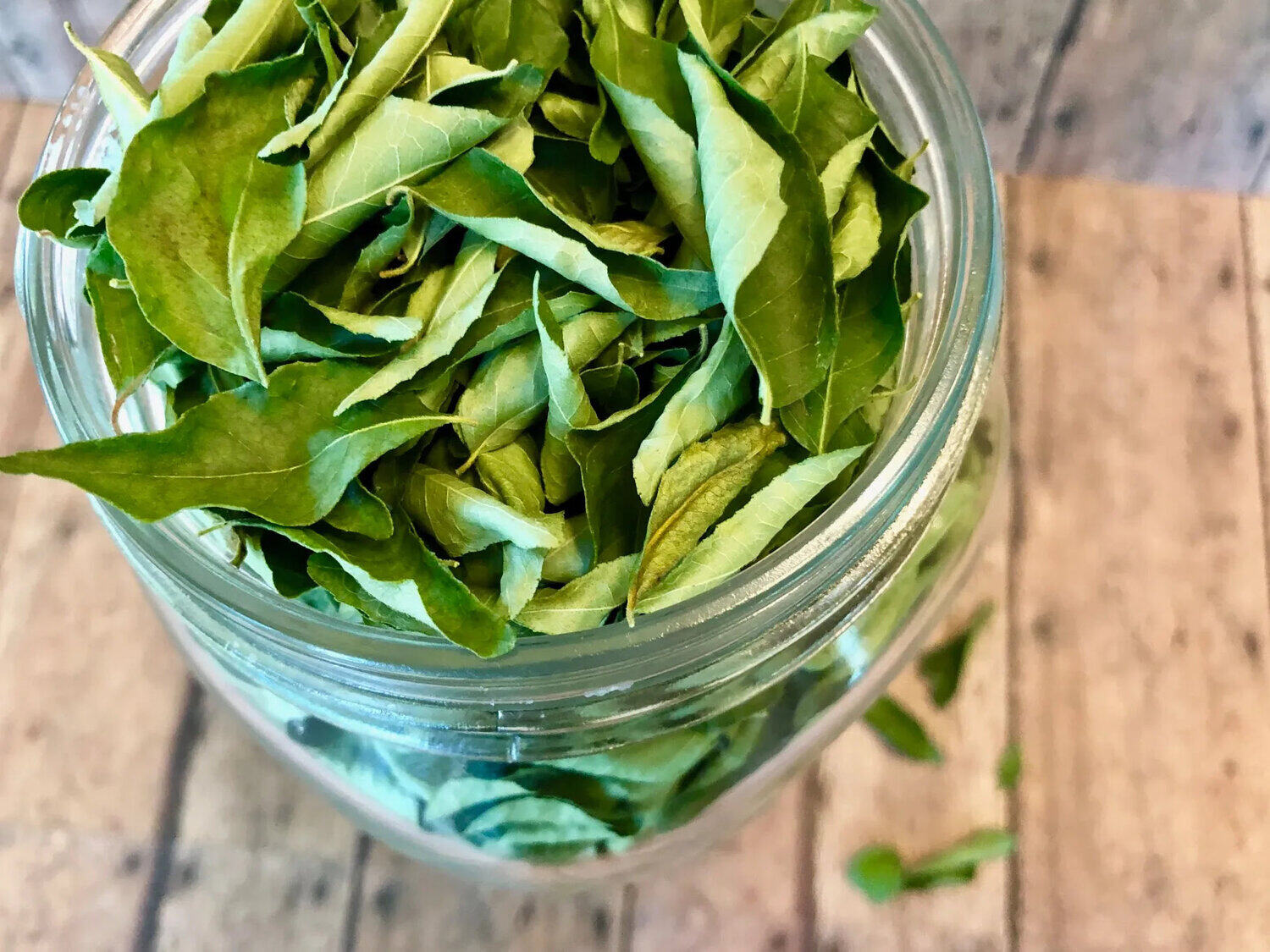
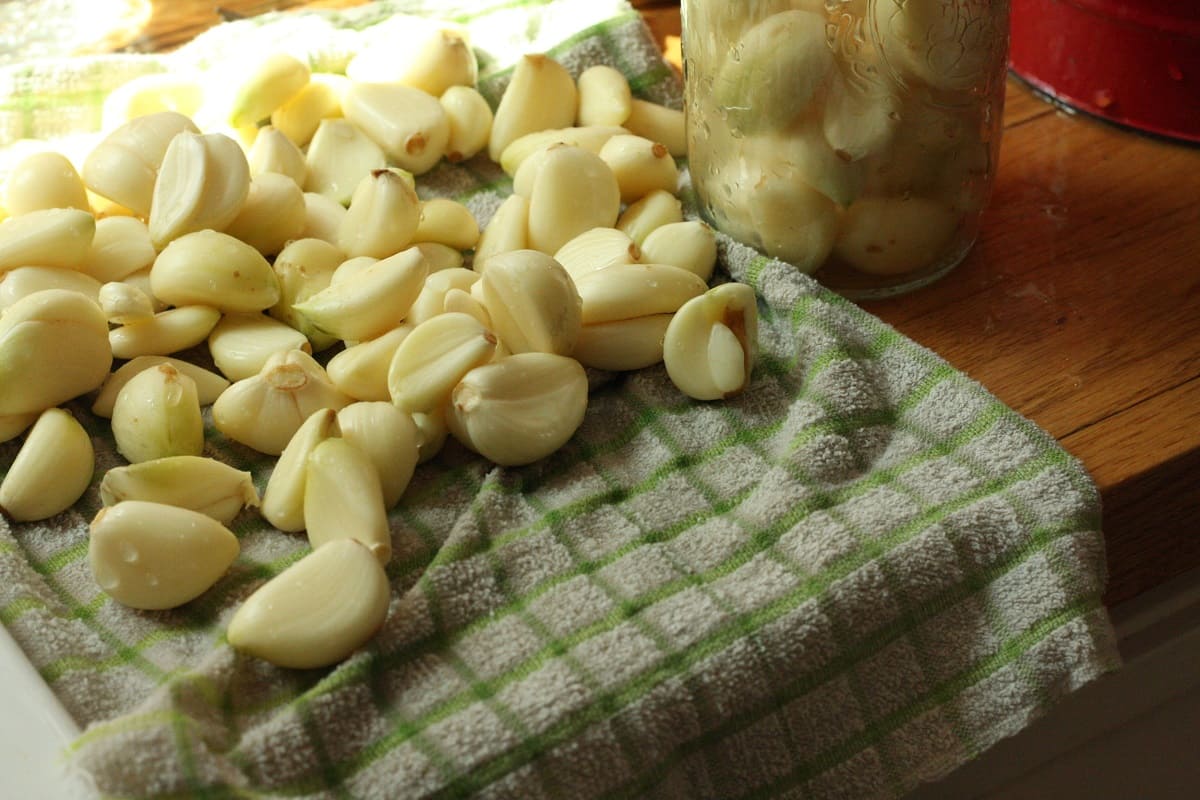

0 thoughts on “How To Store Lemon Juice In Fridge For Long Time”